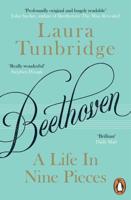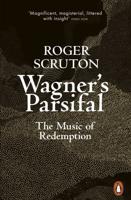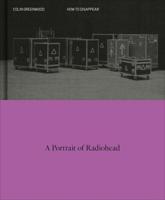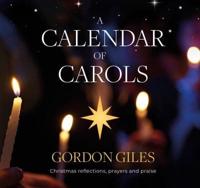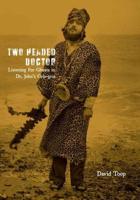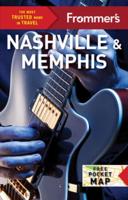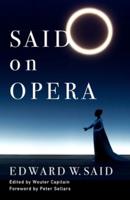Publisher's Synopsis
Ewan MacColl is widely recognized as a key figure in the English folk revival, who tried to convey traditional music to a mass audience. Dominant in the movement during the 1950s and much of the 1960s, his position has come under attack in more recent years from some scholars. While it would be arrogant to claim to 'set the record straight', this book will contribute significantly to the debate surrounding MacColl's importance. MacColl gave two extended interviews with co-editor Giovanni Vacca in 1987 and 1988, not long before his death, and these provide the impetus for a re-examination of his methods, his politics and his aesthetic aims. The book also provides critical overviews of MacColl's activities in the revival and of his practices, particularly as writer and singer. The time is ripe for such a contribution, following Peter Cox's study of the Radio Ballads, and in the context of biographies by Joan Littlewood and Frankie Armstrong. The contributions locate MacColl in his own historical context, attempting to understand some of the characteristic techniques through which he was able to write and sing such extraordinary songs, which capture so well for others the detail and flavour of their lives. Great emphasis is placed on the importance of seeing MacColl as not only a British, but a European folk activist, through discussion of his hitherto barely known work in Italy, enabling a re-contextualization of his work within a broader European context. The interviews themselves are fluent and fascinating narrations in which MacColl discusses his life, music, and experiences in the theatre and in the folk music revival as well as with a series of issues concerning folk music, politics, history, language, art and other theoretical issues, offering a complete description of all the repertories of the British Isles. Peggy Seeger contributes a Foreword to the collection.


